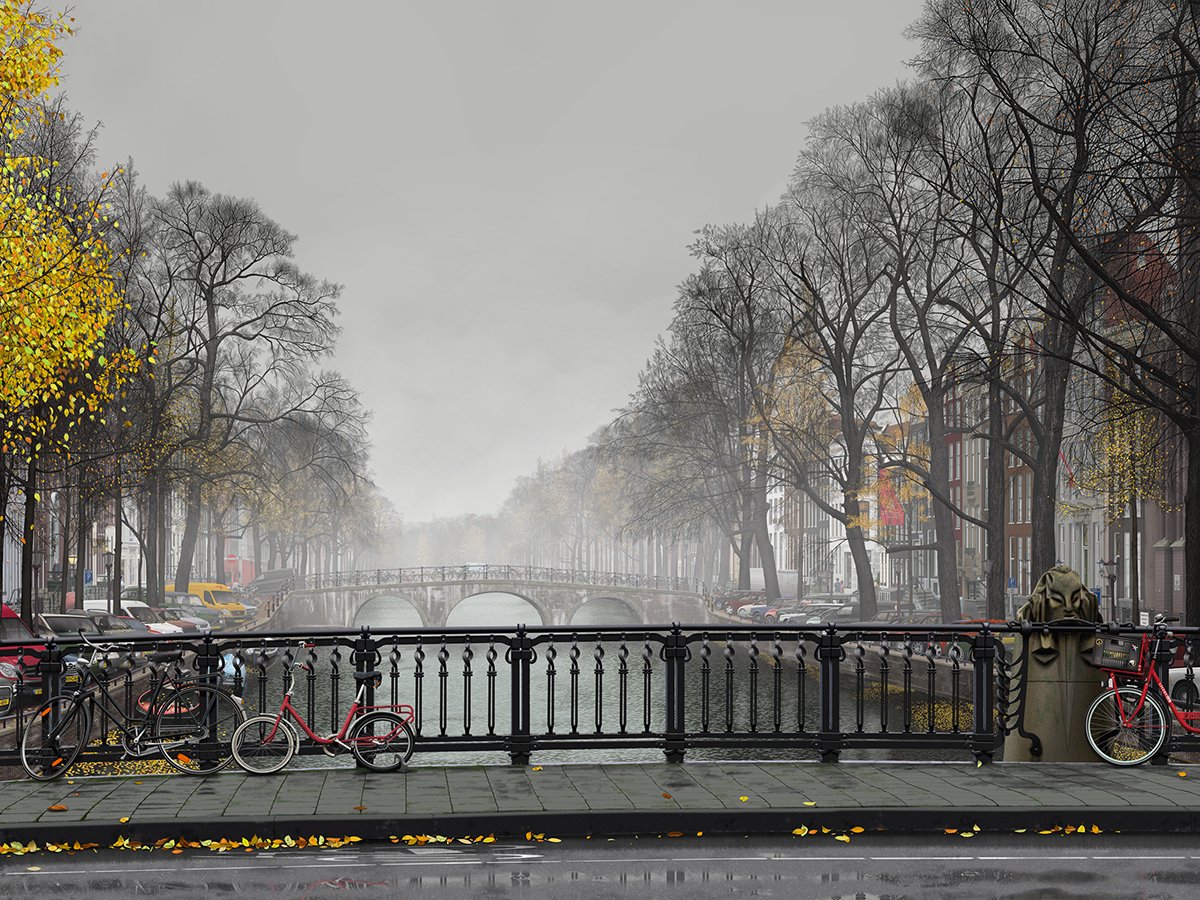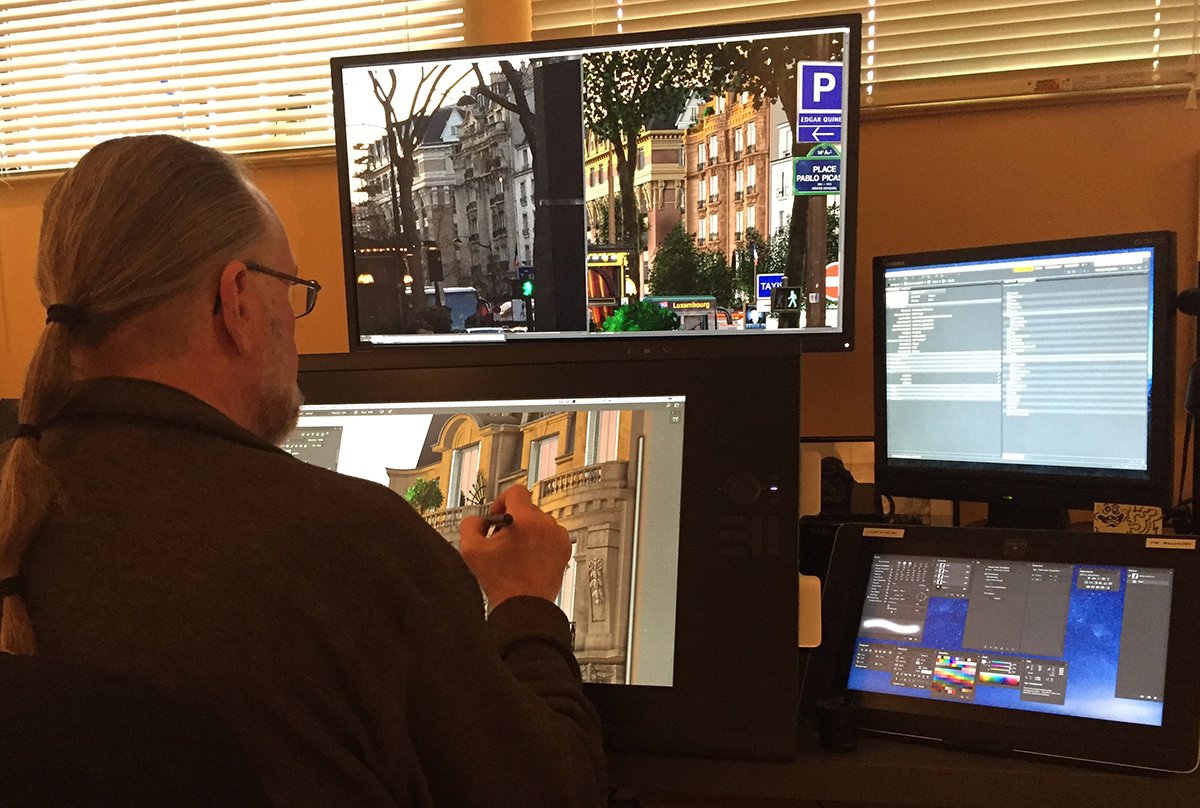Projector
Monitor
Lighting
Digital Display
Job References
This site uses cookies. By continuing to browse the site you are agreeing to our use of cookies, you can also manage preferences.
This site uses cookies. By continuing to browse the site you are agreeing to our use of cookies, you can also manage preferences.
Projector
Monitor
Lighting
Digital Display
Job References
Projector
Monitor
Lighting
Digital Display
Job References
Knowledge Center Support
“To get the fine details that are so important to my art I work at a very high resolution. BenQ gives me the ability to clearly see what I am doing at any magnification. It is equally important that when I am choosing the colors I need, that my viewing monitor display those colors accurately. I have tried many other monitors on the market but none have performed like my BenQ”.
--Bert Monroy

Bert spends a considerable amount of time creating his masterpieces. It took four years to create Times Square, a panorama that measures five feet high by twenty-five feet wide. Upon careful inspection of the piece you can see the rust on the bolts holding up a sign that’s 3 blocks away. It is crucial to see that kind of detail. The BenQ displays it perfectly.
Upon completing each and every element, they are composited into a single file called Image Title_Once-Over. This file is then viewed on the BenQ at 100% magnification. At that magnification only a small portion of the image is displayed. The top left corner is the starting point. Bert will study the work to find any imperfections or a need for additional changes. Upon finishing a section he will scroll down to the next and continue. Upon reaching the lower right corner and completing any final touches, the piece is titled and saved as the final art.

Bert works on multiple monitors. The BenQ is his main viewing monitor that sits above the others. On it, the reference subject and the working file are both displayed, occupying half the monitor each. The 32 inch screen is large enough to display a good portion of each image when side-by-side. This allows Bert to see the reference of what he is painting and see how it fits within the final art.
For viewing the art alone, the BenQ displays the piece with a brilliance and clarity unequalled by the other monitors. Bert prints many samples during production and the comparison of the print to the monitor display is always exact.
“My main workstation consists of a 24 inch Wacom Cintiq pen display which is what I work on. A 13 inch Wacom Cintiq Companion pen display contains all the panels for the tools, etc. A 16 inch monitor is used to display technical information such as meta data. The BenQ PD3200U-T is my viewing monitor. A series of various raid and single disks totaling 38TB provide multiple back-up systems.
I print to an Epson 9800 and a 3800.
Upon receiving the BenQ, I prepared to spend the day getting it ready to go. Previous monitors required a lengthy process of color calibration. One took hours of work that never produced a satisfactory display. The BenQ however, worked perfectly from the minute I turned it on! Yes, it has everything you need to set it up to your satisfaction—but right out of the box it was ready to go. It truly is a plug-and-play monitor!”
The BenQ does come with a proprietary calibration system installed. It is called ‘Palette Master’ and was co-developed by BenQ and X-Rite. Monroy did explore its functions but has yet to find the need to adjust the monitor. He said, “It is very comforting to know that if I ever need to make any adjustments, I can easily make them without having to call tech support.”
“Color and clarity are the most important aspects that I look for in a monitor. I must say that I have yet to see any monitor that can match the brilliance of color and sharpness of detail that I get when I stare at my BenQ monitor all day long.”
--Bert Monroy
Thanks for your feedback!